UMaine-created nanofibers could lead to recyclable food containers
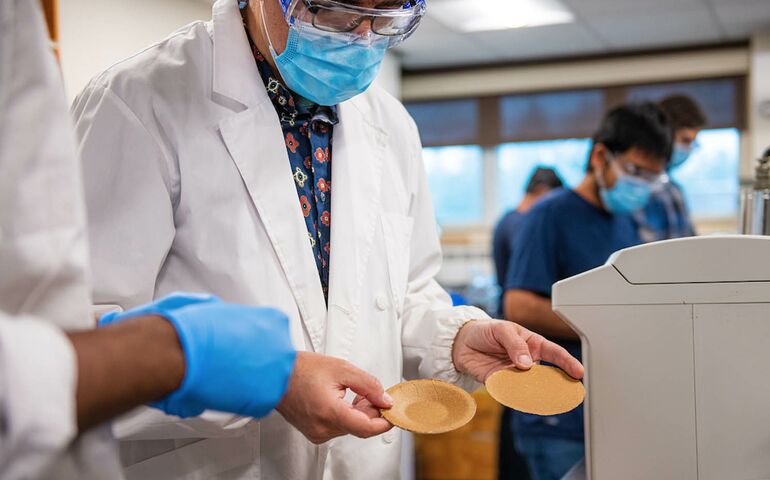 Courtesy / University of Maine
Mehdi Tajvidi and his research team work with various pieces of equipment to produce and test products made from University of Maine nanocellulose.
Courtesy / University of Maine
Mehdi Tajvidi and his research team work with various pieces of equipment to produce and test products made from University of Maine nanocellulose.
University of Maine engineers have created a grease-proof, water-resistant container from recyclable cellulose nanocomposites that could be the next big thing in takeout technology.
The containers are envisioned as replacing plastic takeout containers, which are not biodegradable.
UMaine researchers developed containers out of recyclable wood composites with a new coating made of lignin-containing cellulose nanofibrils.
These microscopic fibers improve the quality of the containers for takeout purposes while allowing the container to be properly recycled without the health risks of plastic coatings or PFAS, long-lasting chemicals that break down slowly and are considered harmful to human health.
“Research in my lab has been focused on two main topics: using cellulose nanomaterials as binder in composites for building and automotive applications, and producing renewable packaging materials with barrier properties against oxygen, water, oil and grease,” Mehdi Tajvidi, associate professor of renewable nanomaterials at UMaine, said in a news release.
“This work essentially combines these two topics by coating a grease-proof layer of lignin-containing cellulose nanofibrils on a thin wood-flour composite bonded with nanocellulose.”
The containers are non-toxic, biodegradable, strong, stiff and resistant to oil and grease.
Normally, though, the materials aren’t very water resistant, which is an important quality for takeout containers. UMaine researchers found that alum — a substance long used by the paper industry to increase particle retention — improves the materials’ water resistance for the length of the food container’s expected use.
The improved containers were also found to be fully recyclable. Researchers could disintegrate the samples and reform them, and the composites would retain their structure and oil- and grease-resistant properties.
“We are working with UMaine’s Process Development Center, which hosts a state-of-the-art fiber thermoforming machine, to evaluate if our material system can be processed using this fully automated system to produce food containers,” Tajvidi said. “This will be a huge step to showcase the feasibility and industrial relevance of the work we have done so far.”
The findings could have direct consequences for Maine. In 2021, Maine banned the use of disposable polystyrene takeout containers. A wood-based nanocomposite container could be an alternative for restaurants throughout the state, according to the release.
There is a market for such a container beyond Maine, too. According to a 2020 study from Acumen Research and Consulting, the market value of the plastic-free disposable plates is expected to grow at a compound annual growth rate of 5.6%, eventually reaching a value of $5.96 billion in 2027.
A study detailing the development and testing of the container was published in February 2022 in the journal Cellulose.
Co-authors of the study were Tajvidi; Rakibul Hossain, Ph.D. student; Douglas Bousfield, director of the Paper Surface Science Program; and Douglas Gardner, professor of sustainable materials and technology in the School of Forest Resources and Advanced Structures and Composites Center.
It is only natural to try to develop a new product, like nano-fibers, to serve more sources of profitability. But simple logic tells you that at some point these "fibers" will get into your cells and damage or disrupt cellular activity and construction. We as humans tend to look past unintended consequences, just as we have with PFAS, mercury, and so many other products. I wouldn't recommend mixing nano-fibers with any aspect of consumption at all, ever.



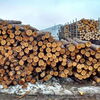
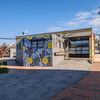

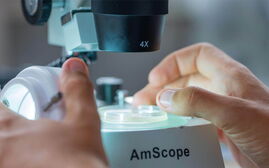
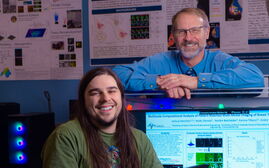






1 Comments